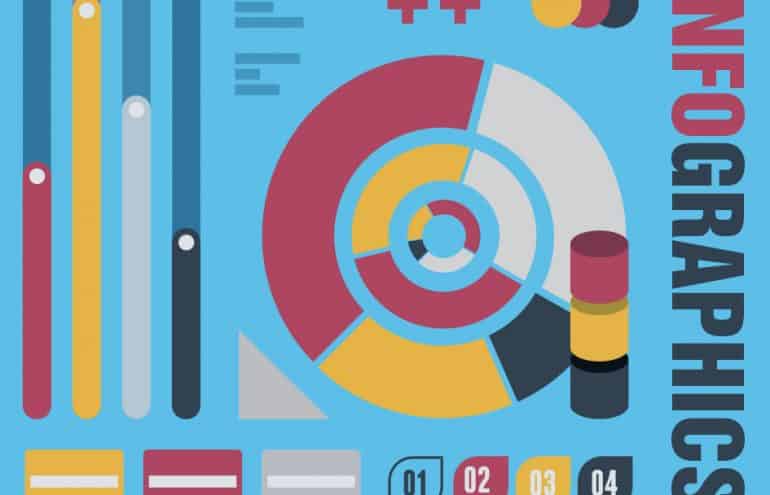Just How Criminal Justice Attorneys Plan For A Trial: Inside The Refine
Just How Criminal Justice Attorneys Plan For A Trial: Inside The Refine
Blog Article
Written By-Cherry Lim
When you consider the preparation that enters into a criminal trial, it's very easy to ignore the extensive behind the curtain job attorneys participate in. You'll find that they begin by analyzing the instance information and gathering evidence, but it does not stop there. They craft approaches based upon that's supervising the situation and who's sitting on the jury. As they browse the complexities of each trial, they additionally need to anticipate the prosecution's relocations. So, what certain steps do they require to make sure whatever lines up flawlessly come trial day?
Instance Assessment
When getting ready for a trial, a detailed situation evaluation is essential for any type of criminal justice attorney. You'll begin by evaluating the realities of your case, which establishes the foundation for your approach. Comprehending the timeline of occasions, recognizing principals, and identifying prospective weaknesses in the prosecution's debate will aid you develop a strong method.
Next off, you'll examine any type of existing lawful precedents that can affect your situation. Acquainting on your own with comparable situations can provide useful understandings right into how courts may interpret the legislation. This knowledge enables you to prepare for challenges and address them proactively.
In addition, you'll want to consult with your client to collect their viewpoint and guarantee their story aligns with the evidence. Reliable communication also helps build trust fund, which is essential for a solid attorney-client connection.
Lastly, consider the effects of numerous results. This assessment not only prepares you for test but likewise allows you to advise your customer on possible appeal deals or alternative resolutions.
Evidence Collection
After analyzing the situation, the next action includes event evidence that sustains your client's defense. This process is essential, as the toughness of your case frequently hinges on the quality and significance of the proof you gather.
You'll begin by identifying potential resources of proof, which might include witness declarations, police reports, surveillance footage, and forensic information.
When you have actually pinpointed these sources, you'll require to acquire them legitimately and morally. This might indicate filing requests for files, speaking with witnesses, and collaborating with experts who can evaluate physical proof.
Be thorough in your paperwork; every piece of evidence must be cataloged carefully to ensure you can reference it conveniently during trial.
It's also essential to examine the evidence for its admissibility. Some things might be engaging but can encounter obstacles in court as a result of lawful policies. You'll intend to prepare for any kind of arguments from the prosecution and prepare counterarguments.
Ultimately, maintain your customer educated throughout this procedure. Openness builds trust fund and helps them recognize how each item of evidence adds to their protection method.
This collective approach lays the foundation for a solid situation as you relocate closer to trial.
Test Method Growth
Developing a trial strategy is essential for efficiently providing your case in court. You'll wish to begin by examining the proof accumulated and recognizing key motifs that support your client's position. Consider exactly how to present the realities in an engaging narrative that reverberates with the jury.
Next off, consider your audience. You need to tailor your technique based on the discretionary's histories, ideas, and values. click over here can direct just how you mount your arguments and choose which evidence to highlight.
It's also essential to expect the prosecution's strategy. Identify potential weaknesses in your case and develop counterarguments to resolve them proactively. Consider what questions jurors may have and be prepared with clear, succinct actions.
Once you have actually established your core disagreements, practice supplying them with confidence. Mock tests can be helpful for fine-tuning your presentation design and evaluating the effectiveness of your approach.
Lastly, remain flexible throughout the test. Prepare to adapt your method as new proof or growths occur, guaranteeing you remain concentrated on attaining the best result for your customer.
Conclusion
In getting ready for trial, you require to remain arranged and positive. By extensively analyzing the situation, collecting strong evidence, and crafting a tactical method, you'll establish yourself up for success. Keep in mind, versatility is key; prepare to adapt as the trial advances. With effective communication and technique through simulated tests, you'll be fully equipped to respond to any kind of difficulties that develop. Ultimately, your preparation can make all the distinction in accomplishing a positive outcome for your client.
